
7 minute read
Buses, wire hangers and other hardships
Buses, wire hangers and other hardships Eamonn Lynskey remembers a family elder’s reminiscences
Who is it has never been ordered by mother to sit for a while with a visiting elder on the promise of a reward later? A granduncle perhaps, or some other relative full of years, who having settled himself (it was nearly always a himself) into a favourite chair, proceeded to inflict nuggets of arcane remembrance on his younger relatives – remembrances which invariably took the form of comparisons between times past and times present, usually unfavourable to the latter. “We were all very careful with our money then, ye know. Had to be! There was very little of it around. Unlike the pocket money ye youngsters are handed today. Unheard of when I was yeer age “ Even the most casual remark might lead to a quite unexpected turn in the ‘conversation’ – ‘Buses? Did I ever tell about the open platform at the back of the old buses?’
‘Ah, the open platform’. We youngsters, with ‘our’ modern, comfortable buses, didn’t know how lucky we were. He would never forget as long as he lived the open platform at the back of the bus in his day where, if you sat near it at all, the wind would cut you in two halves. ‘Two halves, mind you. In particular with the so-called ‘heating system’ which roasted the feet off anyone lucky enough to grab the seat above it, but did nothing for anyone else, and especially nothing for anyone sitting anywhere near the open back platform. “’Draught’ did ye say?” (we hadn’t). ‘Draught isn’t the word. ‘North Pole wind’ would be more like it’. Here he sometimes paused, and a nostalgic tone would creep into his voice as he recalled that rare skill (now unhappily lost) acquired by school boys who took up position on the open platform, ready to jump and hit the ground running as the bus slowed down. Any boy who waited until the bus came to a halt before getting off was liable to be ridiculed at school as a sissy, and have his head dunked (deservedly) into the nearest water-barrel. A bout of unrestrained laughter usually seized granduncle at this point but he always recovered quickly enough to
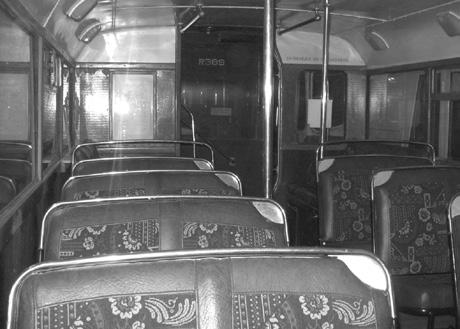
forestall any contributions from his listeners. Still on the subject of the old-style bus he might then ask us did we ever hear of the ‘television seat’? And very quickly, and to head off any replies that might break his flow, he would continue immediately ‘No?

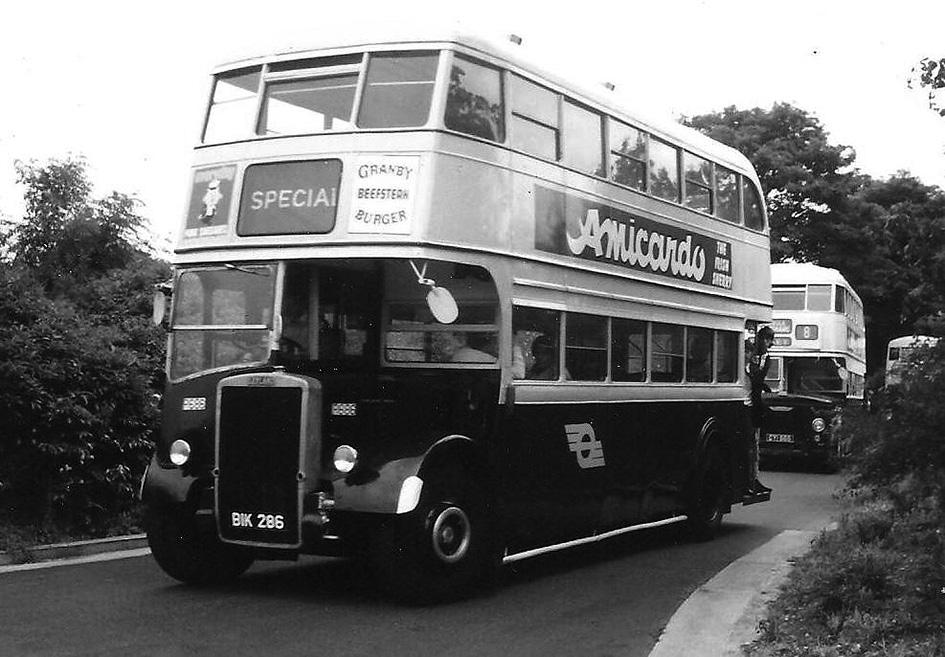
Well ...’ and he was off again. The ‘television seat’ was so-called because it extended the complete width of the bus at the top end of the lower deck and faced back into the rest of the carriage. Woe to whoever had to rush out in the early morning in any state of hurried dress. They would nearly always be sure of a ‘television seat’ because people would stand for the entire journey into town rather than sit up there and be scrutinised by their fellow-passengers. This was at a time, he reminded us, “before yeer’’ – scornfully – “mobile phones and earplugs”. What with the windows always fogged up, and the bad lighting making it hard to read, the ‘TV seat’ provided a great bit of entertainment. ‘And It was also really great fun to see the poor unfortunates nearly falling off that seat every time the bus pulled out from a bus stop!’ Hearty laughter here. And despairing smiles.
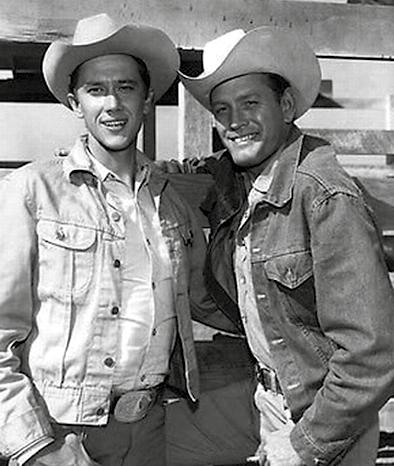
Any mention of the mobile phone always opened up the scenario of the phone desert that was the Dublin of 1950s and he would launch into a dilation on how hard it used to be for ‘an ordinary person’ to make a phone call back then. It was only possible if one had a friend who had a housephone, something very rare indeed. Otherwise, the only resort was the Public Phone Box, which was often vandalised. Arriving at one, you could find a broken receiver dangling from its coin box and the box itself forced open for its contents. There was nothing for it then but to hunt for another box. ‘And what do you think?’ – this was of course a purely rhetorical question – ‘It too would be wrecked! Nowadays, all ye have to do is reach into yer pocket where yer phone is ready with its list of all the addresses ye need!’ This was always a point at which we expected to hear him sigh: ‘Ahhh! Things were very different then alright!’ And we were rarely disappointed.
The trouble with writing an essay like this is that it could, like granduncle, go on forever (a chilling thought!). This because, not alone was his store of reminiscences inexhaustible but also the telling of one memory fed seamlessly into the telling of another. So it was that the mention of the ‘television seat’ recalled the vagaries of signal reception in TV’s early days.
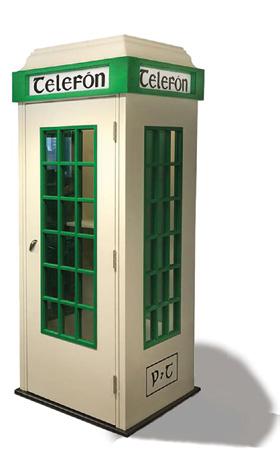
There was only one channel then, he would tell us: Telefís Éireann. And if you tried to watch others, maybe the BBC, everything looked like it was happening during a snowstorm. However, the picture could sometimes be improved by the addition of a wire hanger to the ‘rabbit ear’ aerial, an expedient which required a family member to engage in a lengthy bout of twisting and turning the hanger while the rest of the family engaged in an ongoing commentary as to the improvement (or otherwise) of the signal. This unfortunate ‘family member’ was, Granduncle gave us to understand, nearly always himself and he was extraordinarily amused at this memory, laughing uproariously and slapping his thighs. We always made it our business to laugh with him, though minus the thighs bit.
‘But nowadays of course ye young people have pictures so good ye’d think the thing on the screen was actually happening right before yer very eyes. And,’ – accusingly – “so many channels too!” For one ghastly moment it looked as if another reminiscence was bearing down on us, something to do with quantity not being the same as quality and what does it matter to have a great picture when all that’s on show is utter rubbish? Of course, we didn’t remember the great Earl Holliman playing Stoney Burke in that terrific rodeo series. Or playing Mitch Guthrie in The Wide Country or ...but at this point mother would arrive with the tea and sandwiches and we knew, try as he might, granduncle wasn’t able to speak with his mouth full. Mother would then nod discretely to us and we escaped into the free world.
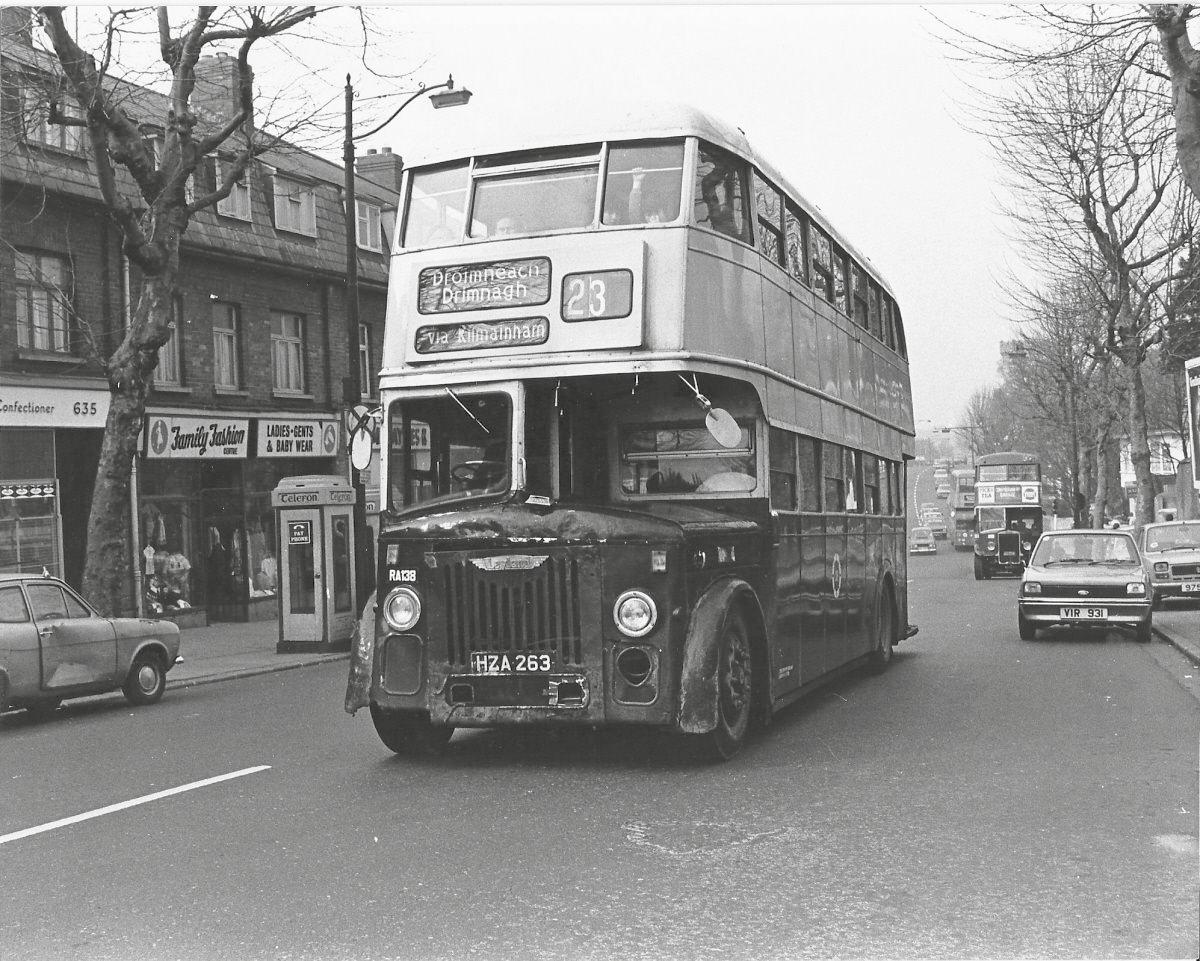
And If you have read up to this point and are, perhaps of mature age, you may be rather annoyed at this portrayal of a senior citizen. Quite disrespectful, you might be thinking. ‘Seniors are not at all like that’, you’ll object. ‘Speak for yourself!’
Alas, that is exactly what I have been doing. The elderly gentleman described above is no other than...me! And this despite my vows when a youngster that, when older, I would never – ever – bore the pants off younger relatives with my hobnailed recollections. I would never, I swore, regale them with reminisces beginning with ‘Ah, I remember well ...’ and ending (or rather, only pausing) with ‘Ye don’t know how lucky ye are, ye young people ...!’ Nevertheless, having reached the serene state of seniorhood, this is what find myself continually doing. It seems I can’t help it. However, I must say that I always find my young listeners to be patient and kindly towards me and I am very fond of them for that. Although I do often wonder what rewards mother has promised.










